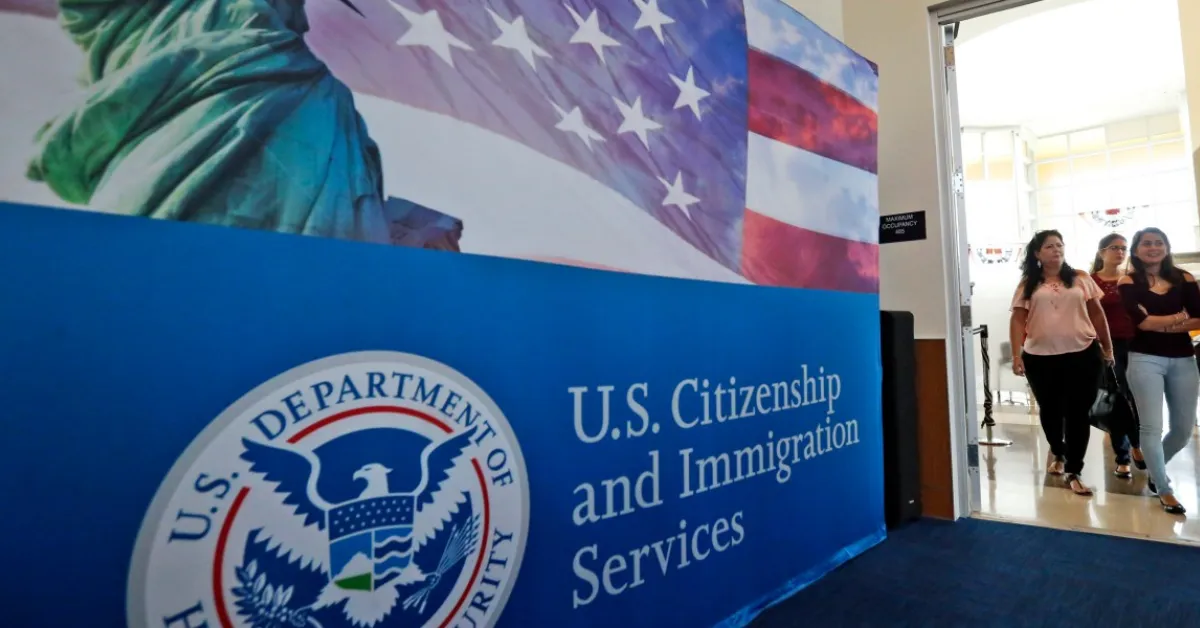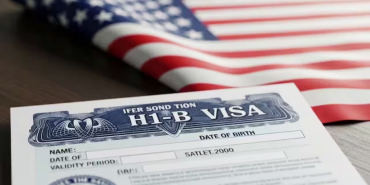Why H-1B Visa Has Become America's Hottest Immigration Debate

The H-1B visa program remains a point of contention in the United States, generating significant debate regarding its effects on the job market and the economy as a whole.
This program permits American employers to recruit highly skilled foreign workers for an initial period of three years, with the possibility of extension to six years. Advocates assert that the program is vital for sustaining America's competitiveness and innovation across key sectors, while critics argue that it displaces American workers and can lead to exploitation. Since its establishment in 1990, the H-1B visa program has enabled companies in various industries—including technology, engineering, finance, and healthcare—to employ specialized foreign talent.
Visa holders have the opportunity to apply for green cards and seek permanent residency. Support for the program is robust among prominent figures, including President-elect Donald Trump and Tesla CEO Elon Musk, who contend that the program is essential for bolstering the US economic power and fostering job creation. Major US companies, such as Microsoft, Tesla, and Google, have leaders who were once H-1B visa holders, underscoring the program's role in supporting innovative enterprise.
However, the program has garnered criticism from those who believe it prioritizes cheaper labour from abroad, potentially displacing American workers and suppressing wages. Detractors point to examples of abuse within the system, where companies may hire employees lacking specialized skills or place them in lower-cost roles overseas. Concerns regarding worker vulnerability are also prevalent, as H-1B visa holders are tethered to specific employers, which can restrict their job mobility and expose them to adverse working conditions.
The H-1B visa program has significantly contributed to innovation in the US. In 2023, six of the eight Nobel Prize winners in the sciences were researchers based in the US, with four of those laureates being foreign-born. This trend extends back over a century; since 1901, 148 foreign-born Nobel Laureates in the sciences have been either permanent immigrants to the US or at the US institutions at the time of their recognition, representing 16% of all recipients. The tech sector, along with various industries such as airlines and healthcare, are the primary beneficiaries of H-1B visas.
Congress has imposed strict annual caps on the program, currently set at 65,000 visas, which is supplemented by an additional 20,000 visas designated for individuals with advanced degrees from the US institutions. The ongoing debate surrounding the H-1B visa program focuses on its influence on the American labour market, economic vitality, and innovation. Supporters argue for the need of attracting specialized talent to critical industries, while opponents emphasize concerns regarding job displacement and wage inequalities.
Legislative reform efforts targeted at the H-1B program are a prominent issue in Congress. Proposed changes include elevating wage standards, enforcing stricter skill set requirements, and curbing instances of program misuse. Achieving a balance between national interests and global competitiveness is crucial in this multifaceted discussion. Research from Harvard Business School's William Kerr indicates that while the H-1B program plays a beneficial role in fostering innovation, its overall impact on the employment landscape for non-immigrant workers is limited.
Kerr notes that hyperbole exists among both supporters and adversaries, complicating consensus-building around the program’s future. Several well-known entrepreneurs including Elon Musk have launched successful companies as H-1B visa holders, reinforcing the program's potential to contribute meaningfully to the US economic growth and innovation. As the discussion evolves, the fate of the H-1B visa program continues to be uncertain.
Policymakers face the challenge of navigating a complex array of national priorities and global competitive dynamics in pursuit of solutions that balance the benefits for American workers and the broader economy.














Add new comment